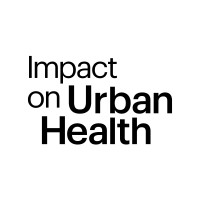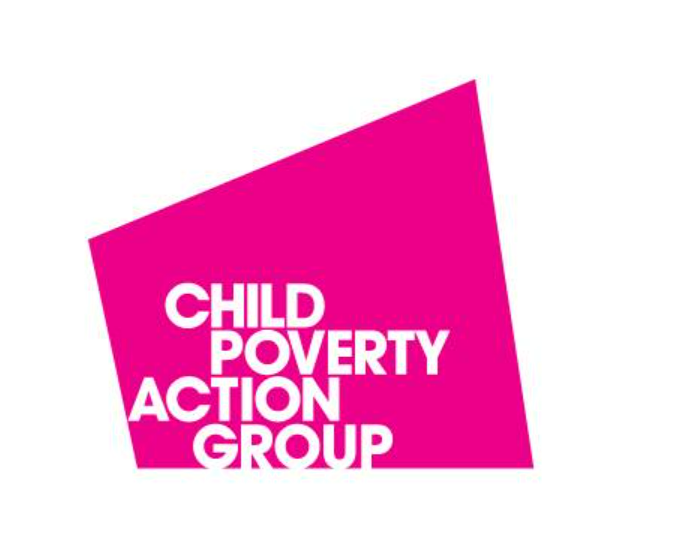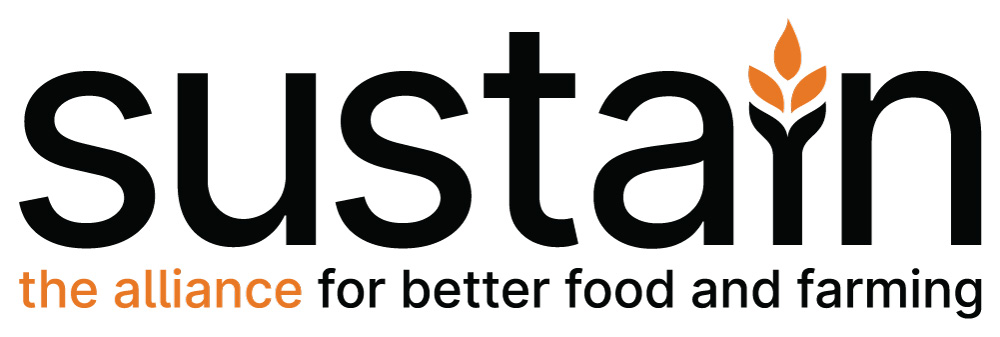11 October 2022
Expanding Free School Meals would generate up to £41.3 billion for the economy

Expanding Free School Meals would generate up to £41.3 billion for the economy
- Free school meals provide vital support to families struggling with cost of living pressures. New research shows they also deliver significant economic benefits - for every £1 invested in providing free school meals to children receiving Universal Credit, £1.38 would be returned.
- Economic gains driven by improved health, education and employment outcomes
- New Feed The Future campaign urgently calling on Government to act on food and health inequality by expanding free school meal eligibility to all children in households on Universal Credit
Expanding Free School Meals could inject up to £41.3 billion into the economy, reveals new research from Impact on Urban Health. The research explores two potential expansion scenarios and finds a positive return on investment for both.
1) Universal Credit - expanding free school meals to all children in England from households receiving Universal Credit.
For every £1 invested, £1.38 would be returned, through social, health and educational benefits, resulting in £8.9bn in core benefits. A further £16.3bn of indirect benefits could come through wider economic and supply chain gains, such as growing the school food economy through expansion of school catering employment opportunities, resulting in £25.2bn total potential benefits.
2) Universal Free School Meals - expanding free school meals to all children in state-funded education settings in England.
For every £1 invested, £1.71 would be returned, resulting in £41.3bn in core benefits. A further £58.2bn of indirect benefits could arise, resulting in £99.5bn of total potential benefits.
At a time when the Government anchors its agenda in driving economic growth and as families battle the cost-of-living crisis, the research quantifies for the first time the economic benefits of expanding free school provision in England over a 20-year period (2025-2045).
To urgently address the issues of food insecurity for families and to tap into the economic growth opportunity, a new campaign - Feed the Future - is calling on the Government to expand the eligibility of free school meals to all children from households receiving Universal Credit.
The benefits of introducing free school meals have long been proven. Children who eat healthy, free school meals have lower obesity rates, better academic performance and behaviour and improved lifetime productivity. However, 800,000 children living in poverty are still not currently eligible.
The new analysis, commissioned by Impact on Urban Health and conducted by PwC, helps to inform the evidence base relating to future free school meal provision. It measures the gains against two core benefit areas: education and employment and health and nutrition, as well as the wider benefits to the school food economy. It sets out where the £41.3bn of gains from Universal Free School Meals scenario would come from:
- £22.5 billion in reduced food costs for families
- £18.5 billion in lifetime earnings and contributions – thanks to enhanced educational attainment and reduced absenteeism
- £12 million in cost savings relating to childhood obesity
- £0.3bn in cost savings for schools
The Feed the Future campaign wants to see a transformational policy shift to first of all provide free school meals to all children in households on Universal Credit. This should be a first step towards a longer-term commitment to Universal Free School Meals.
The campaign is being backed by celebrity chefs Jamie Oliver, Tom Kerridge and Hugh Fearnley-Whittingstall. It is calling on the general public to Write to your MP
The Food Foundation have also today released a new survey showing the huge support for extending Free School Meals in the general public.
When asked about responsibility for helping children impacted by food poverty, 87% of the English public believe the Government has a lot or some responsibility for helping children.
They were also asked if they supported the expansion of free school meals eligibility to all school children in England from households in receipt of Universal Credit. Again, there was strong support, regardless of political persuasion, with 72% of the English public supporting the expansion of Free School Meals to these children.
Kieron Boyle, chief executive officer of Impact on Urban Health, said: "At a time when the Government is looking for ways to drive growth, this ground-breaking research shows that investing in expanding Free School Meals is a cost-effective way to drive economic growth and create a healthier society.
"It provides more than enough evidence for a transformational policy shift in school food and together with our partners, including the School Food Review coalition, we urge the Government to take this opportunity to create a more equitable school food system so more children are healthier and given the best chance in life."
Anna Taylor, Executive Director of the Food Foundation, added: "The cost-of-living crisis is having an awful impact on children with many going hungry and not getting the nutrition they need to grow up healthily.
"This is being seen by people across the country and our findings released today clearly demonstrate that the public believe that the Government needs to do more to help these children.
"We strongly urge the Government to listen and urgently act to ensure that our children in need are guaranteed at least one nutritious meal a day at school."
Alongside their calls for Government, the campaigners are also urging the public to write to their MP and demand free school meals are expanded to all children whose families are receiving Universal Credit.
Notes to Editors
Press contacts for Impact on Urban Health
Sophie Andrews - sandrews@headlandconsultancy.com
Kate James - kjames@headlandconsultancy.com
Press contacts for The Food Foundation:
Lois Rogers - Lois.rogers@foodfoundation.org.uk
Jo Ralling - jo.ralling@foodfoundation.org.uk
Cost-Benefit Analysis Methodology
The cost benefit analysis was developed through the creation of a framework to assess value for money under each of the two expansion scenarios:
- Expansion Scenario 1 (UC) - Free school meal provision for all state school pupils receiving Universal Credit.
- Expansion Scenario 2 (UFSM) - Free school meal provision for all children across all state funded education settings i.e. Universal Free School Meals.
1) Education and Employment pathway (core benefit)
- Increased cost savings to schools
- Increased lifetime earnings and contributions
2) Health and Nutrition pathway (core benefit)
- Increased savings on food costs for families
- Increased NHS savings (obesity)
3) School Food Economy pathway(wider benefit)
NB: These findings are based on benefits for newly eligible children under each expansion scenario rather than the total benefits, which includes those currently in receipt of free school meals.
- Core benefits are those arising directly from the children in receipt of free school meals.
- Wider indirect benefits are generated over and above the core benefits, impacting the wider economy and supply chain.
Survey methodology
All figures, unless otherwise stated, are from YouGov Plc. Total sample size was 2,911 adults. Fieldwork was undertaken between 31st August - 2nd September 2022. The survey was carried out online. The figures have been weighted and are representative of all adults in England (aged 18+)."
About Feed the Future campaign
#FeedtheFuture
Feed the Future is a campaign led by a coalition of organisations including The Food Foundation, Bite Back 2030, School Food Matters, CPAG, Impact on Urban Health, Chefs in Schools, Jamie Oliver Ltd and Sustain. This coalition is making the case that Free School Meals should be extended to more children.
We also represent the School Food Review Working Group - a wider coalition of 36 organisations spanning charities, educational organisations, catering companies, unions and academics, committed to working together to improve children’s health by reforming the school food system.
The Feed the Future campaign is also being partnered by The Independent in association with the Evening Standard.
About Impact on Urban Health
Impact on Urban Health is an independent urban health foundation. Working in partnership with others, it takes a place-based approach to tackling urban health issues in the London Boroughs of Lambeth and Southwark, sharing what it learns with other cities around the world. Impact on Urban Health takes a programmatic approach, focusing on a small range of big issues. It aims to tackle the inequality that exists for children and families in accessing nutritious diets, by making healthier food options accessible and affordable to all families in the places where they live and spend their time.
About The Food Foundation
The Food Foundation is a charity working to influence food policy and business practice, shaping a sustainable food system which makes healthy diets affordable and accessible for all. We work in partnership with researchers, campaigners, community bodies, industry, investors, government and citizens to galvanise the UK’s diverse agents of change, using surprising and inventive ideas to drive fundamental shifts in our food system. These efforts are based on the continual re-evaluation of opportunities for action, building and synthesising strong evidence, convening powerful coalitions, harnessing citizens’ voices and delivering impactful communications.
Registered Charity Number 1187611.












